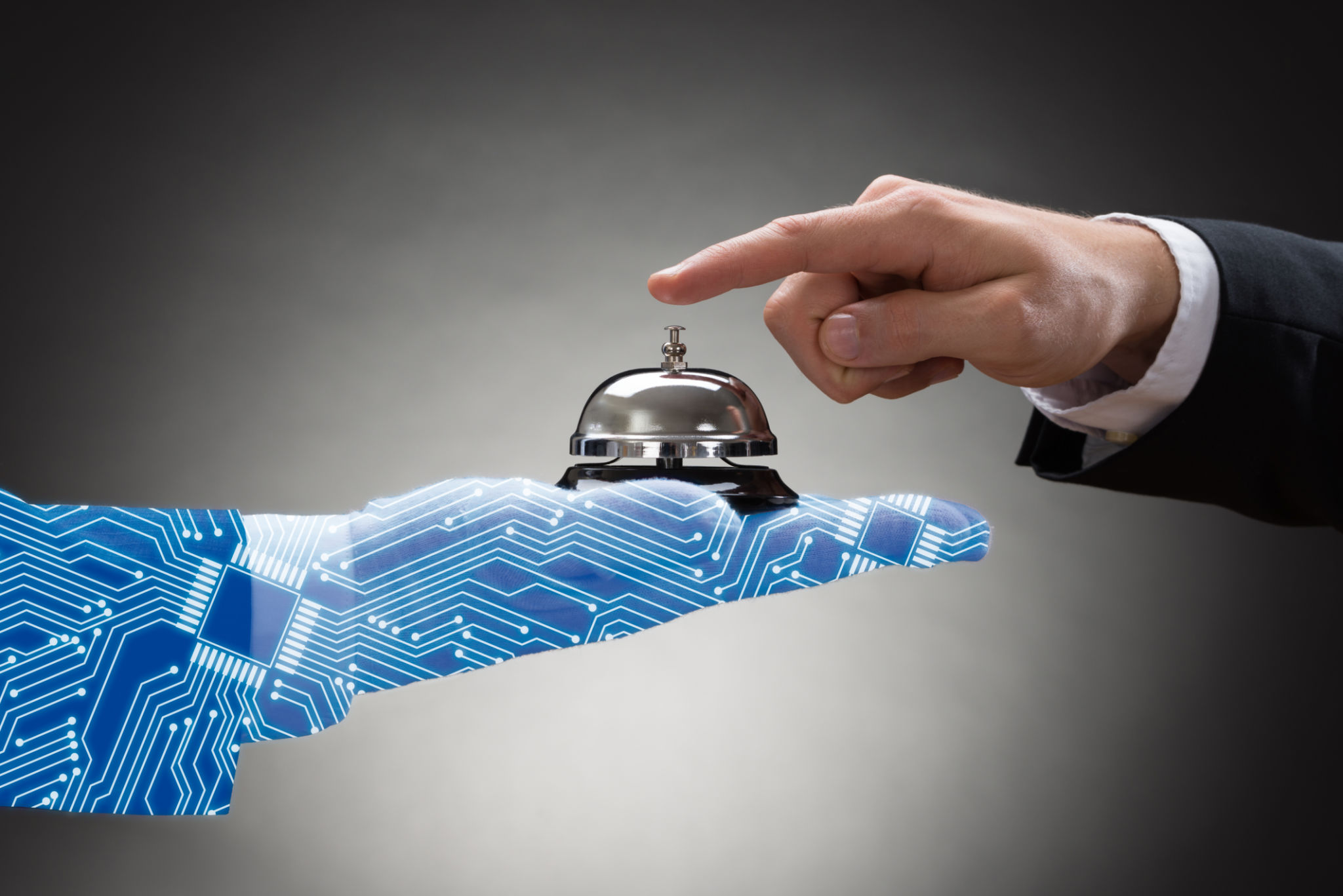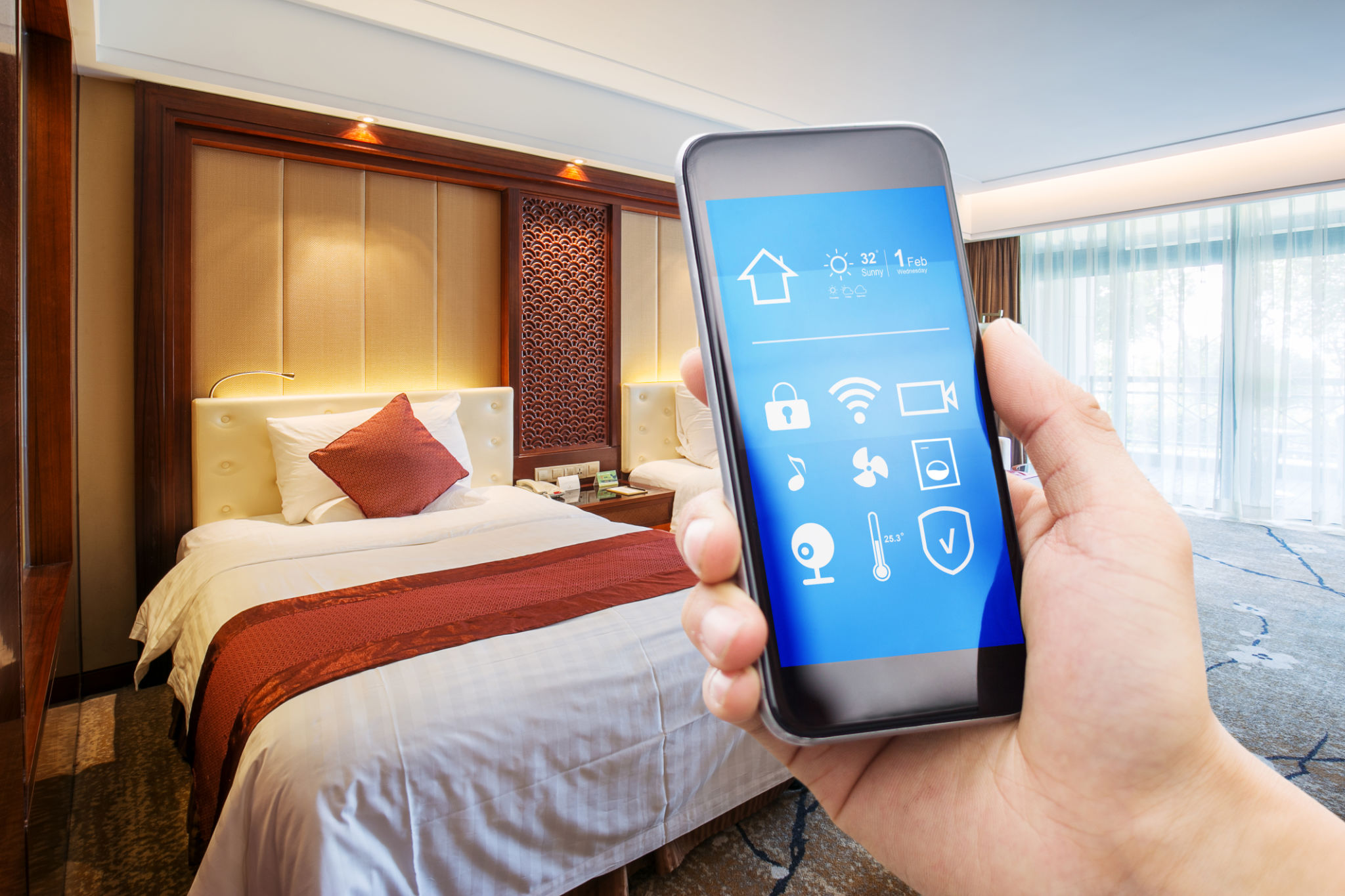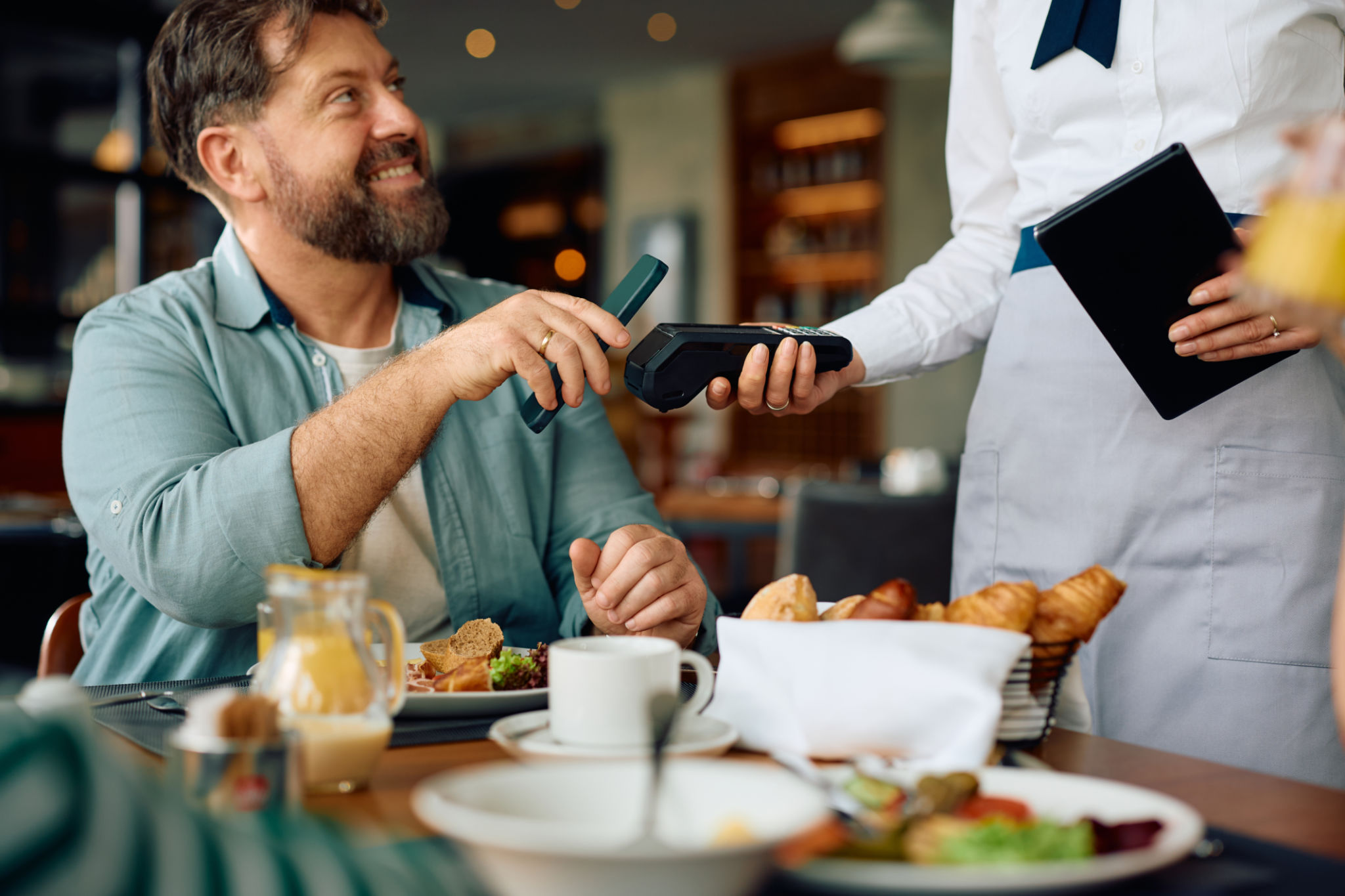Staying Ahead: NYC Hospitality Technology Trends and Innovations
VM
Embracing the Digital Shift
As the hospitality industry in New York City continues to evolve, staying ahead of technology trends is crucial for businesses aiming to deliver exceptional guest experiences. With the rapid advancement of digital solutions, hospitality venues are adopting innovative technologies to enhance operational efficiency and meet the ever-changing expectations of consumers.
One significant trend is the integration of mobile technology. Many hotels and restaurants are now offering mobile apps that allow guests to perform tasks such as booking rooms, ordering food, and checking in or out, directly from their smartphones. This shift not only streamlines processes but also provides a more personalized experience for guests.

Artificial Intelligence Enhancements
Artificial Intelligence (AI) is making significant inroads in the NYC hospitality sector. AI-driven chatbots and virtual assistants are becoming commonplace, providing 24/7 customer service and handling inquiries ranging from room service orders to local recommendations. These tools help reduce wait times and improve guest satisfaction by offering quick and accurate responses.
Moreover, AI is being used to analyze guest data to predict preferences and tailor services accordingly. By understanding individual guest behaviors, hotels can offer personalized recommendations, enhancing the overall stay experience.

Automation in Hospitality
Automation is another trend revolutionizing the hospitality industry. From automated check-in kiosks to robotic room service, automation is reducing human error and speeding up service delivery. For instance, some hotels have implemented robotic concierges to assist with luggage and provide information, freeing up staff to focus on more complex customer interactions.
Automated systems are also being used for energy management, with smart controls adjusting lighting and temperature based on occupancy. This not only creates a more eco-friendly environment but also reduces operational costs for hospitality businesses.

Enhanced Connectivity with IoT
The Internet of Things (IoT) is transforming the way hospitality businesses operate by connecting devices and systems for seamless communication. Smart rooms equipped with IoT devices allow guests to control lighting, temperature, and entertainment systems from a single interface, creating a highly customized experience.
IoT technology is also improving back-end operations. For example, connected kitchen appliances can monitor inventory levels and alert staff when supplies need restocking, ensuring efficient supply chain management.
Virtual Reality Experiences
Virtual Reality (VR) is offering exciting new possibilities for the hospitality industry. Some NYC hotels are using VR as a marketing tool, providing potential guests with virtual tours of their facilities. This immersive experience helps guests visualize their stay before booking, potentially increasing conversion rates.
Additionally, VR can be used to enhance on-site guest experiences. From virtual reality city tours to interactive gaming lounges, these innovative offerings provide unique entertainment options that set businesses apart from competitors.

The Rise of Contactless Payments
In response to growing health concerns and the demand for convenience, contactless payment solutions have become increasingly popular in NYC’s hospitality venues. By allowing guests to pay via mobile wallets or contactless cards, businesses can offer a safer and more efficient checkout process.
This trend not only speeds up transactions but also reduces physical contact, aligning with public health guidelines. As a result, contactless payments are becoming a standard feature in hospitality operations.

Data-Driven Decision Making
Incorporating data analytics into daily operations is becoming essential for NYC hospitality businesses looking to make informed decisions. By analyzing customer data, businesses can gain insights into preferences, spending habits, and feedback, allowing them to tailor services and marketing strategies effectively.
This data-driven approach enables businesses to anticipate trends, optimize pricing strategies, and enhance guest satisfaction, ultimately leading to increased revenue and customer loyalty.